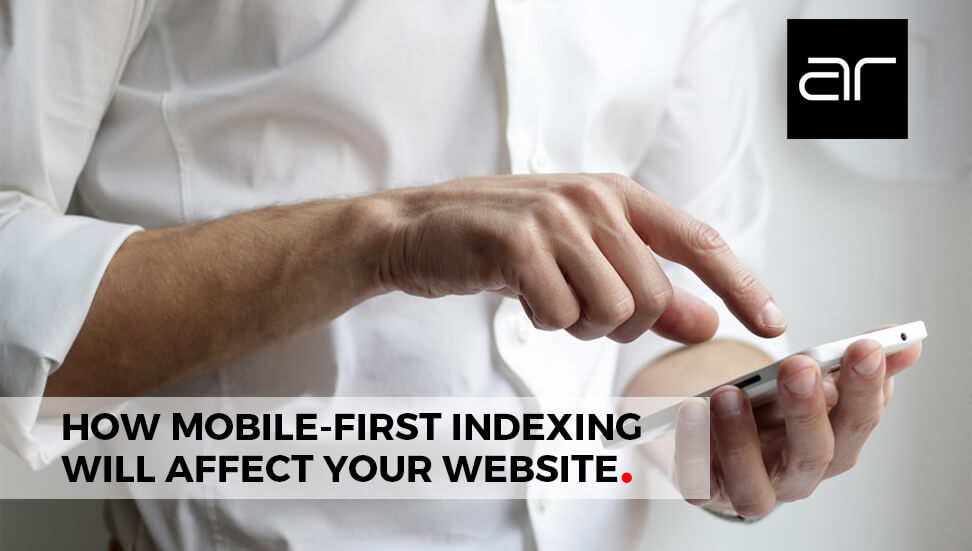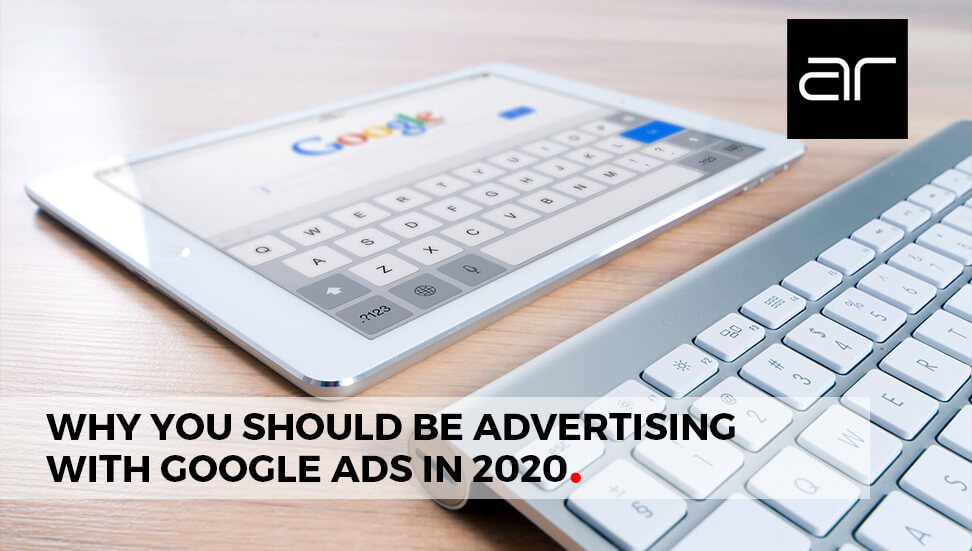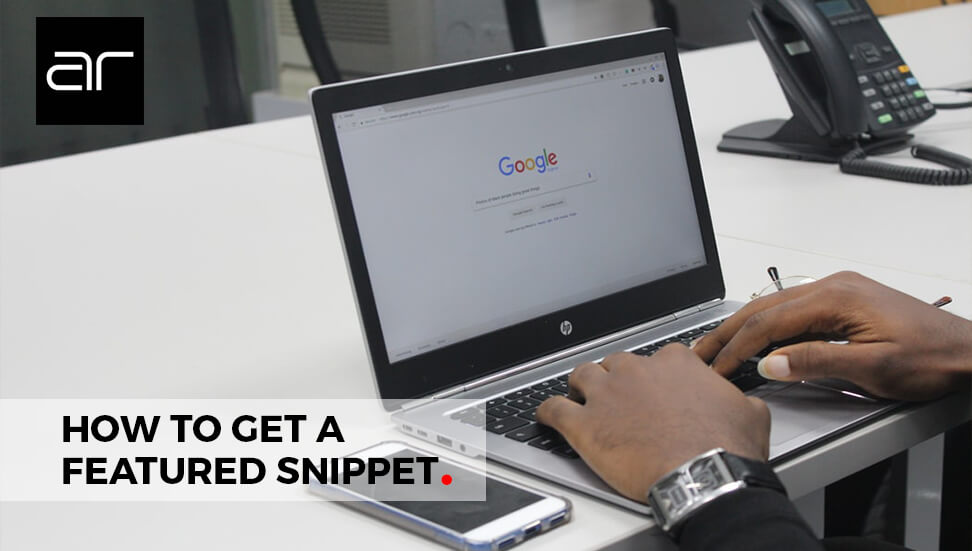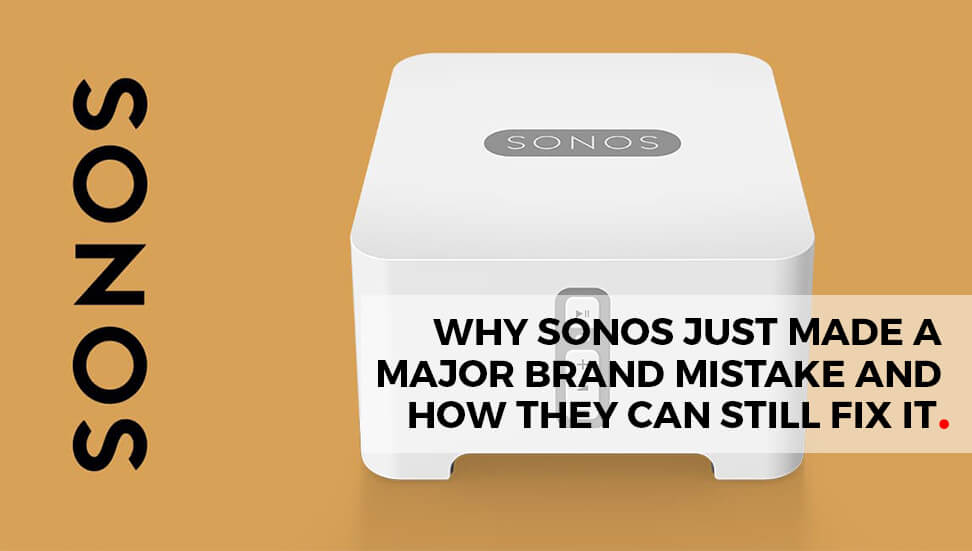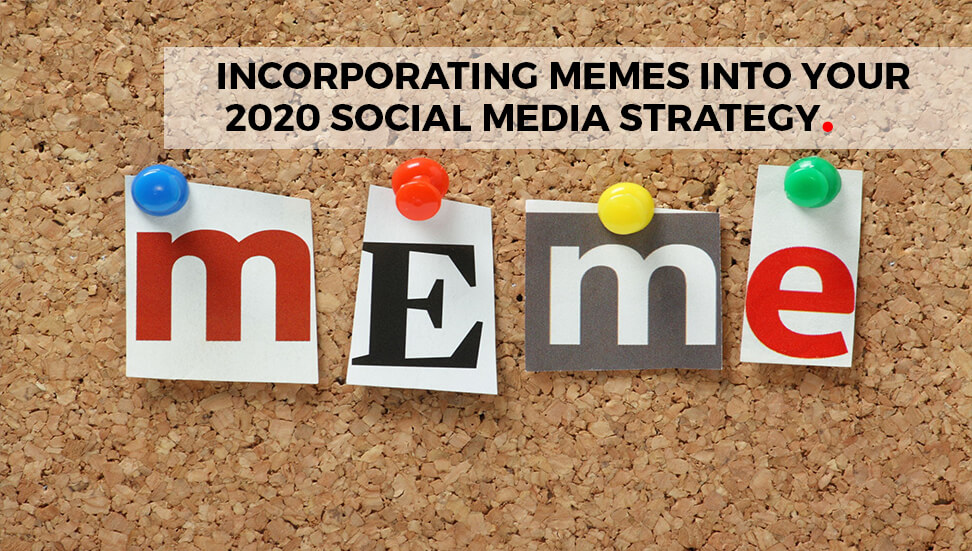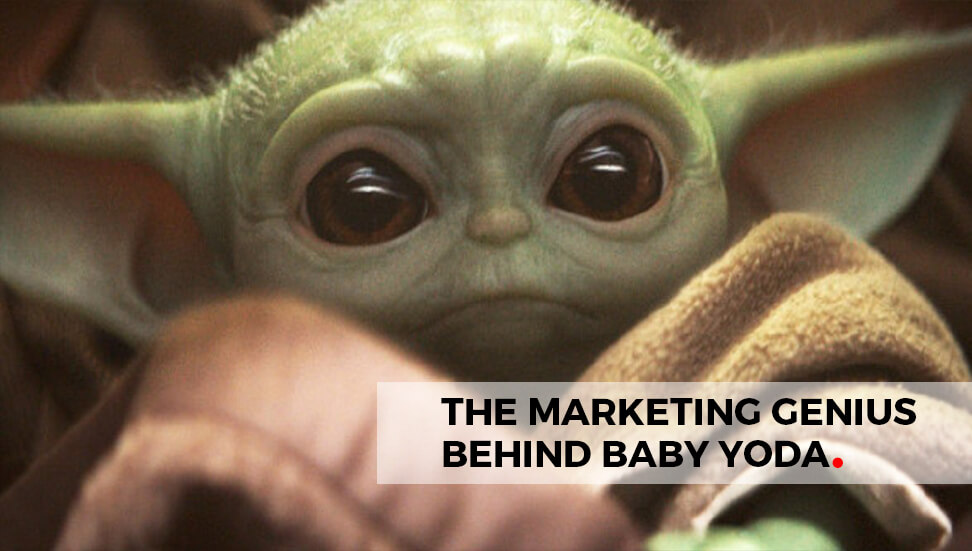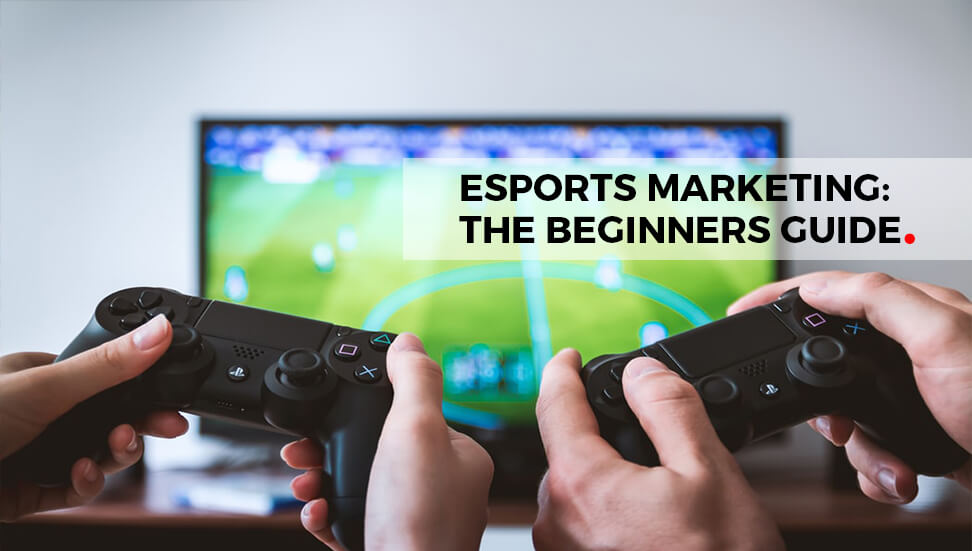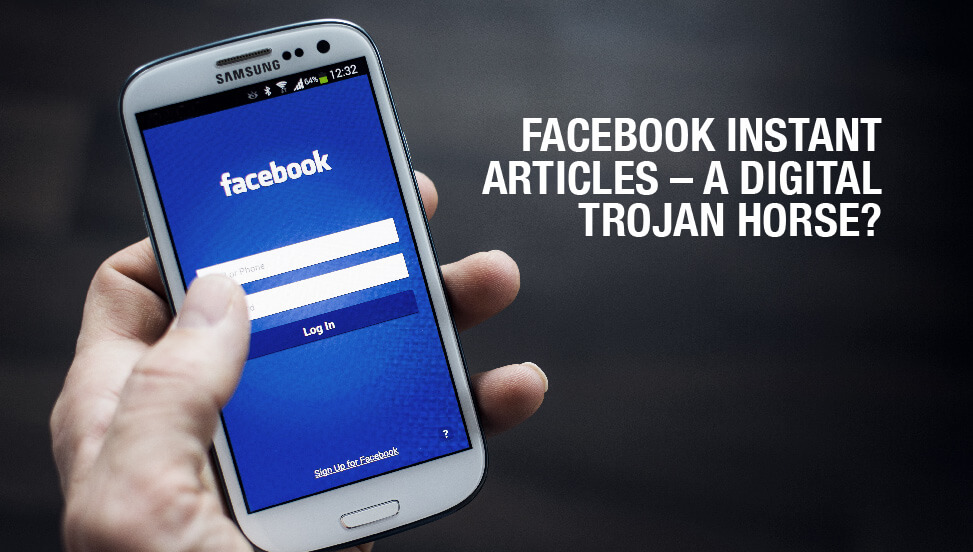On May 13th Facebook announced its newest attempt to attract a bigger share of any companies marketing wallet by introducing Instant Articles.
In a press release it stated:
“As more people get their news on mobile devices, we want to make the experience faster and richer on Facebook. People share a lot of articles on Facebook, particularly on our mobile app. To date, however, these stories take an average of eight seconds to load, by far the slowest single content type on Facebook. Instant Articles makes the reading experience as much as ten times faster than standard mobile web articles.
Along with a faster experience, Instant Articles introduces a suite of interactive features that allow publishers to bring their stories to life in new ways. Zoom in and explore high-resolution photos by tilting your phone. Watch auto-play videos come alive as you scroll through stories. Explore interactive maps, listen to audio captions, and even like and comment on individual parts of an article in-line.
We designed Instant Articles to give publishers control over their stories, brand experience and monetization opportunities. Publishers can sell ads in their articles and keep the revenue, or they can choose to use Facebook’s Audience Network to monetize unsold inventory. Publishers will also have the ability to track data and traffic through comScore and other analytics tools.
“Fundamentally, this is a tool that enables publishers to provide a better experience for their readers on Facebook” said Facebook Chief Product Officer Chris Cox. “Instant Articles lets them deliver fast, interactive articles while maintaining control of their content and business models.”
The press release reveals a lot about the direction Facebook is taking the platform, but gives very little in innovation to achieve it. The faster speed – yes please! I can’t be the only one that has the time to ingest breakfast, brush my teeth, comb my hair, walk to the subway and nod to all my fellow commuters before an article loads on to my mobile device. But is that innovation?
In my eyes Facebook has been slow to rectify a huge drawback in their marketing platform, being quick to establish paid marketing, but slow to deliver a quality platform to market on.
The rest of the press release discusses features that are neither new or impressive, but just shows that they are drawing themselves in line with the rest of the modern digital marketing era.
We knew this move was coming, and that Facebook was looking to muscle in with the ‘big boys’ to secure it’s pole position for social platforms, but the surprise was the way they have been able to sell the idea to their inaugural line up.
Facebook is working with nine launch partners for Instant Articles: The New York Times, National Geographic, BuzzFeed, NBC, The Atlantic, The Guardian, BBC News, Spiegel and Bild. Basically they have cornered some of the best, brightest and highly respected publications that mean they cannot be ignored. The negotiations are reported to have taken some time, and their obvious success means that Facebook are serious about where they are heading and setting the bar so high that they can’t be reached … at least, for a while.
There is one huge flaw in their plan that Facebook seems to have missed, even been blindsided by. Have they created a very fine and well-crafted Trojan horse that others can make great use of?
For instance, what would happen if another huge internet company decided to create their own version? Picking a name at random, what happened if Google decided to also launch a mobile platform that did the same? There would then be two giant gateway companies that controlled the highway of information, and possibly monopolise what was viewed on the internet.
In the press release two of the inaugural partners are quoted as saying:
“Mark Thompson, President and CEO, The New York Times Company said, “The New York Times already has a significant and growing audience on Facebook. We’re participating in Instant Articles to explore ways of growing the number of Times users on Facebook, improving their experience of our journalism and deepening their engagement. We have a long tradition of meeting readers where they are and that means being available not just on our own sites, but on the social platforms frequented by many current and potential Times users.”
“It is great to see Facebook trialing new ways for quality journalism to flourish on mobile,” said Tony Danker, International Director, Guardian News & Media. “The Guardian is keen to test how the new platform can provide an even more engaging experience for our readers. It is then vital that, over time, Instant Articles delivers recurring benefit for publishers, whose continued investment in original content underpins its success.”
Once again Facebook adds nothing to the table. Its’ just a way of presenting mobile information in a more pleasing form to a standard we have come to expect from our mobile user experience, but also eludes to that fact that if you don’t buy in to it, you’ll definitely be left out in the marketing cold because reach, speed and user experience are the new currencies in digital marketing. Facebook now holds all the cards.
The web is changing all the time as is the way we view the content it holds. Maybe Google will find a new way to deliver information but until they do, let’s hope that this is one Facebook device that doesn’t catch on.
Resources:
http://www.theverge.com/2015/6/26/8850455/facebook-instant-articles-publishers-ready
http://marketingland.com/facebook-instant-articles-whats-advertisers-129456
http://arcreactions.com/the-most-dangerous-phrase-in-marketing/
http://www.theguardian.com/media/2015/may/13/bbc-news-guardian-facebook-instant-articles


